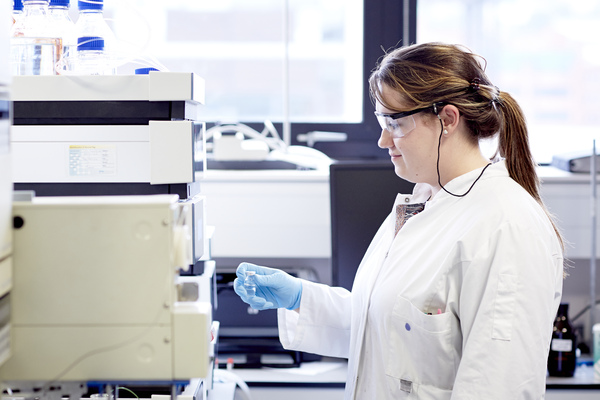Entry Requirements
A 2:1 or above, or international equivalent in chemical engineering, mechanical, environmental, or biochemical engineering, or another closely related engineering subject.
All applications will be considered on an individual basis. Applicants with a 2.2 or lower, a non-engineering degree (e.g. chemistry, industrial chemistry, biochemistry, or other pure or applied science subjects), or a non-standard qualification but with relevant professional experience will be considered.
If you have studied outside of the UK, and are unsure whether your qualification meets the above requirements, please visit our country pages for information on equivalent qualifications.
https://www.lincoln.ac.uk/home/studywithus/internationalstudents/entryrequirementsandyourcountry/
If you are an overseas student, you may require an ATAS (Academic Technology Approval Scheme) certificate in order to enrol on this course.
https://www.gov.uk/guidance/academic-technology-approval-scheme
Overseas students will be required to demonstrate English language proficiency equivalent to IELTS 6.0 overall, with a minimum of 5.5 in each element. For information regarding other English language qualifications we accept, please visit the English Requirements page.
https://www.lincoln.ac.uk/home/studywithus/internationalstudents/englishlanguagerequirementsandsupport/englishlanguagerequirements/.
If you do not meet the above IELTS requirements, you may be able to take part in one of our Pre-session English and Academic Study Skills courses. These specialist courses are designed to help students meet the English language requirements for their intended programme of study.
https://www.lincoln.ac.uk/home/studywithus/internationalstudents/englishlanguagerequirementsandsupport/pre-sessionalenglishandacademicstudyskills/




